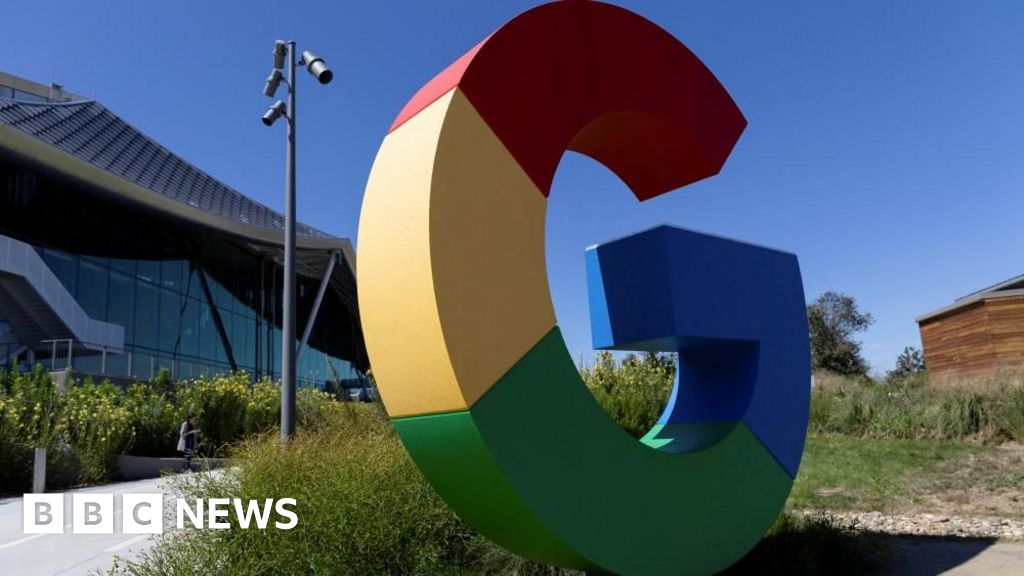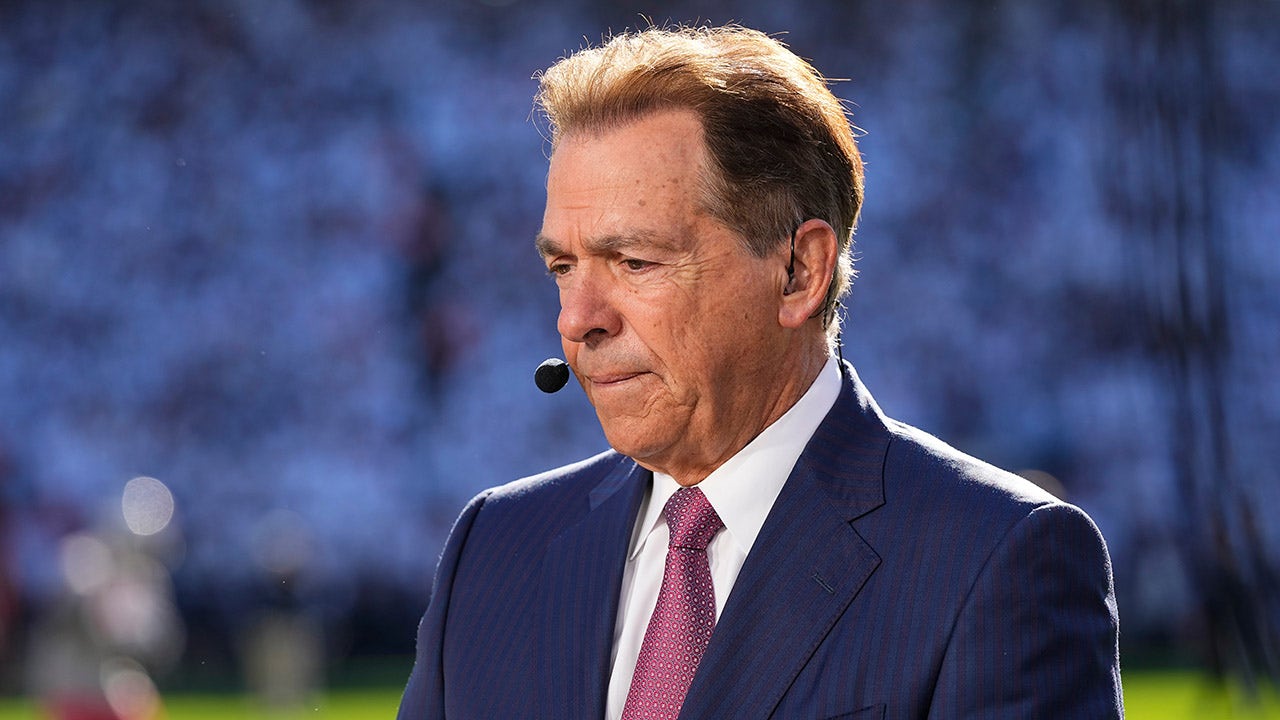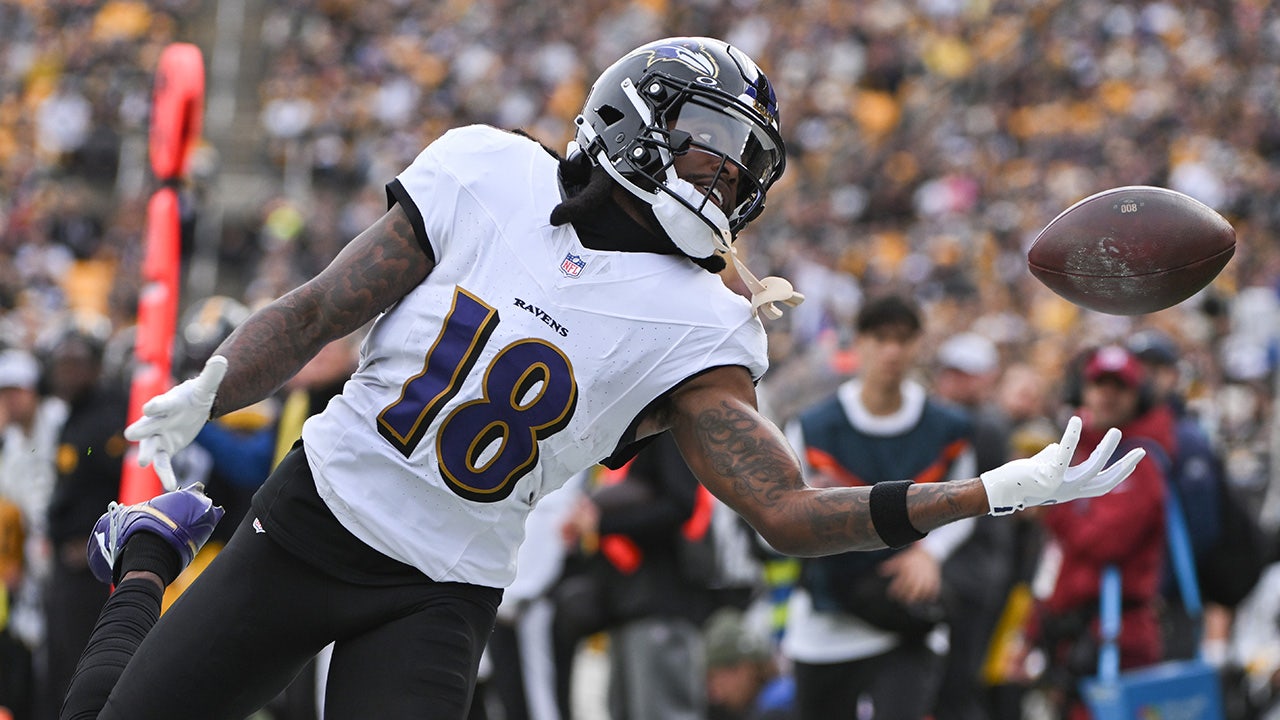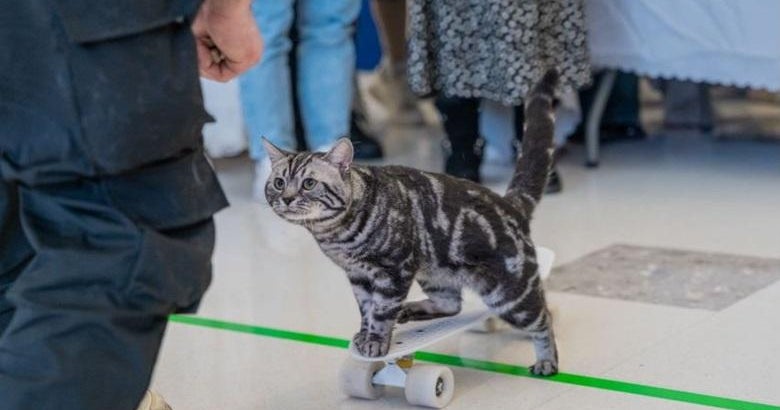US Secretary of State Antony Blinken arrived in Beijing on Sunday — the first top American diplomat to visit China in five years — amid frosty bilateral ties and dim prospects for any breakthrough on the long list of disputes between the world’s two largest economies.
Having postponed a February trip after a suspected Chinese spy balloon flew over US airspace, Blinken is the highest-ranking US government official to visit China since President Joe Biden took office in January 2021.
During his stay through Monday, he is expected to meet with Foreign Minister Qin Gang, China’s top diplomat Wang Yi and possibly President Xi Jinping, seeking to establish open and durable communication channels to ensure the strategic rivalry between the two countries does not spiral into conflict.
There is an expectation Blinken’s visit will pave the way for more bilateral meetings in the coming months, including possible trips by Treasury Secretary Janet Yellen and Commerce Secretary Gina Raimondo.
It could also set the stage for meetings between Xi and Biden at multilateral summits later in the year.
Biden said on Saturday he hopes to meet with President Xi in the next several months.
A November meeting of the two leaders on the Indonesian island of Bali briefly eased fears of a new Cold War, but following the flight of the alleged Chinese spy balloon over the United States, high-level communication has been rare.
The rest of the world will closely follow Blinken’s trip as any escalation between superpowers could have worldwide repercussions on everything from financial markets to trade routes and practices and global supply chains.
“There’s a recognition on both sides that we do need to have senior-level channels of communication,” a senior State Department official told reporters during a refuelling stop in Tokyo en route to Beijing.
“That we are at an important point in the relationship where I think reducing the risk of miscalculation, or as our Chinese friends often say, stopping the downward spiral in the relationship, is something that’s important,” the official said.
Ties between the countries have deteriorated across the board, raising concerns that they might one day clash militarily over the self-ruled island of Taiwan, which China claims as its own.
They are also at odds over issues ranging from trade, US efforts to hold back China’s semiconductor industry and Beijing’s human rights track record.
Particularly alarming for China’s neighbours has been its reluctance to engage in regular military-to-military talks with Washington, despite repeated US attempts.
Speaking at a press conference on Friday before departing for Beijing, Blinken said his trip had three main objectives: Setting up mechanisms for crisis management, advancing US and allies’ interests and speaking directly about related concerns, and exploring areas of potential cooperation.
“If we want to make sure, as we do, that the competition that we have with China doesn’t veer into conflict, the place you start is with communicating,” Blinken said.
He said he would also be raising the issue of US citizens detained in China on charges Washington says are politically motivated.
Among topics likely to be discussed are potentially increasing commercial flights between the two countries, a US official said, describing it as a move that would help promote people-to-people ties, although the official did not predict any progress.
Still, US officials in a briefing call previewing the trip earlier in the week played down any expectations of much progress.
While Blinken’s main goal will be “candid, direct and constructive” discussions, the officials said, breakthroughs are not likely on any major issues, including the flow of fentanyl precursors and Americans detained in China.
Seeking China’s cooperation in stemming the flow of fentanyl precursors was a key item on the agenda, the US official said. The Chinese side has been reluctant to cooperate on the issue, US officials have said.















































